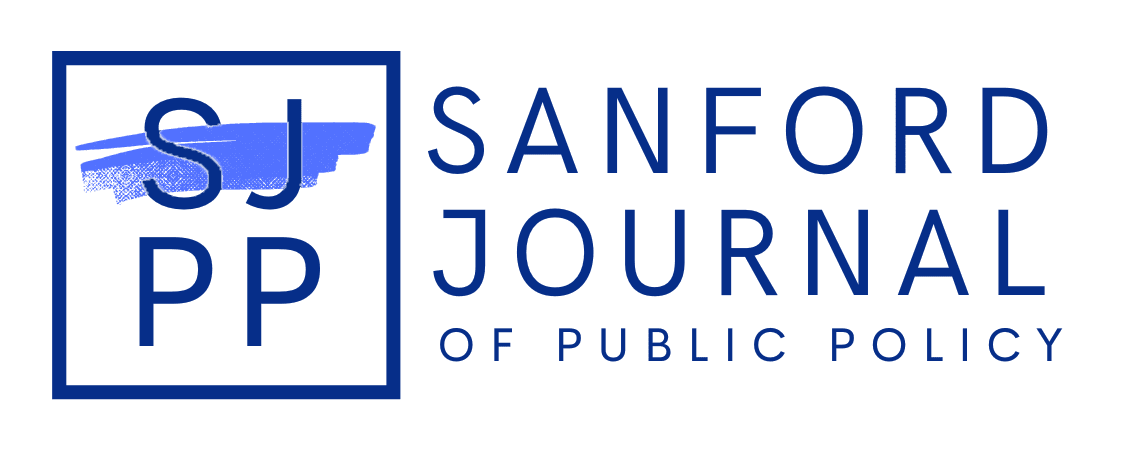The growing need for jobs in the US has rekindled debate about the options for job creation. One option is to make it easier for international students with advanced degrees in science, technology, engineering, or math to remain in the US as naturalized citizens.
A recent study by the National Foundation for American Policy (NFAP) found that per-country limits on employer-sponsored green cards can inflate wait times significantly, thus making the US a less likely target for skilled workers. Some such Indian workers wait as long as 70 years; Chinese professionals can wait 20 years. Since most professional applicants come from India and China, and only 7% of green cards can be granted to any one country, these immigrants are forced to wait in line. The NFAP sees this as a detriment to “the competitiveness of US companies and the economy overall.”
The idea is that skilled immigrants not only contribute directly to US businesses (rather than working abroad for their competitors) but also that they create jobs. They come to the US and become entrepreneurs in modern growth industries—software development, communications, semiconductor technology, and so on.
The graphs below, from Duke Professor Vivek Wadhwa, show the percentage of startups, by region and industry, which have been started by foreign nationals.
Folks like Wahwa and entrepreneurship groups like the Kauffman Foundation suggest new policies that make it easier, and perhaps even provide incentives, for advanced degree-holding immigrants to come work in the US. Simple policy ideas like removing per-country limits on green cards might do the trick, these advocates say. More creative ideas, such as making green cards contingent upon the purchase of a $250,000 home, attempt a “two birds one stone” approach—simultaneously stimulate the still weak housing market while encouraging bright individuals to come work in the US.
Not everyone agrees, however, that policies to streamline or incentivize the immigration process are a good idea. Some argue that retraining and hiring American citizens should be the focus instead of paving the way for immigrants to take jobs away from US citizens.
A recent House Judiciary Committee hearing explored options for removing obstacles for professional immigrants. Barmak Nassirian, Associate Executive Director for the American Association of Collegiate Registrars and Admissions Officers, cautioned that “there is a distinct possibility that the rich immigration incentive may result in a displacement of qualified American students.”
In a tough job market, this issue should be taken quite seriously. Does easing the path for skilled workers to come to the US increase the chances of start-ups and thus help create jobs? Or does a flood of professional immigrants mean a loss of opportunity for American jobs for American citizens? Scholars and students alike should continue to look for the best answer to these questions, as anything that helps shed light on job creation in times like these is quite a worthwhile cause.

